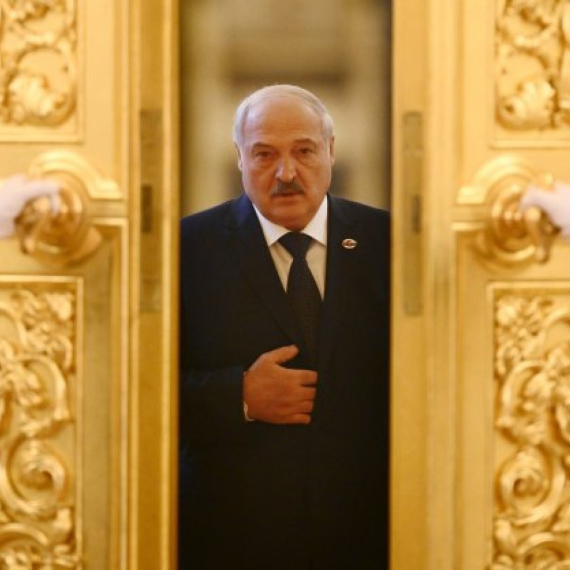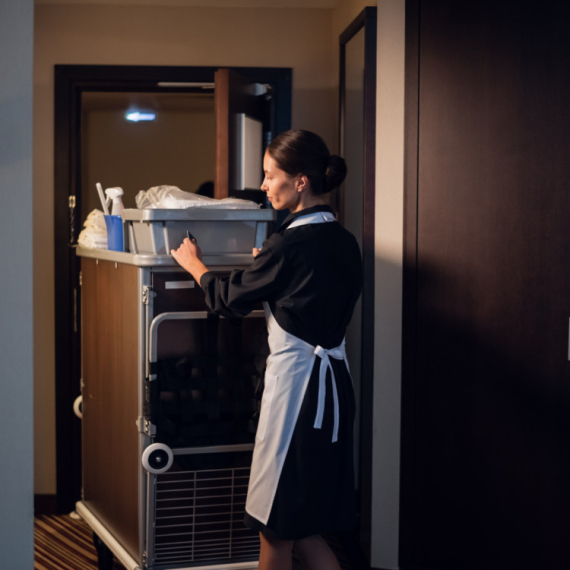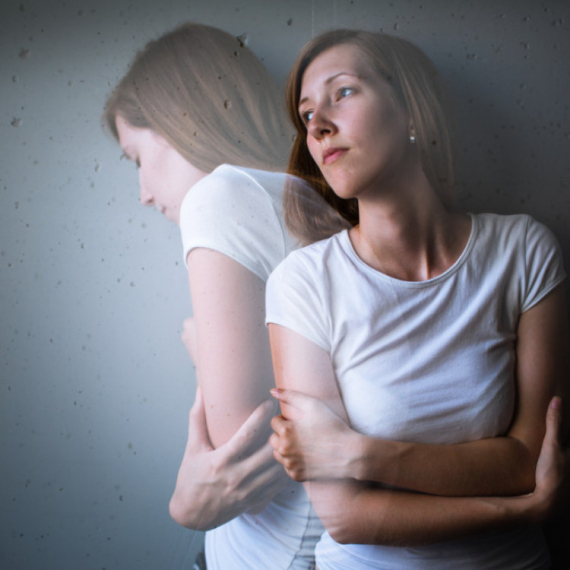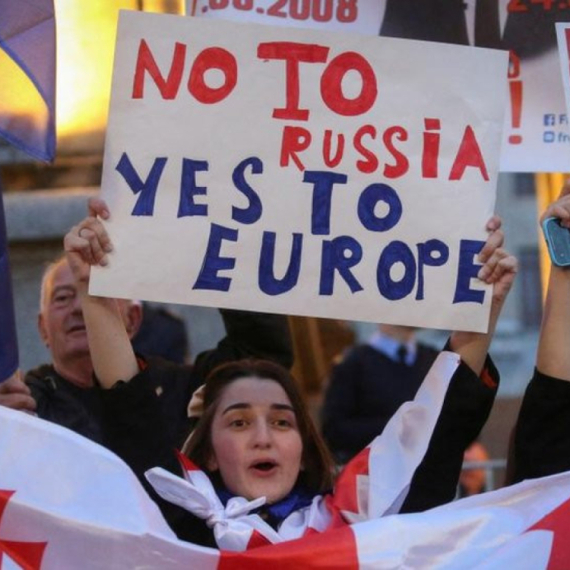Legal changes, better protection for journalists urged
The South East Europe Media Organization (SEEMO) reacted to the recent veridict in the case against the attackers on B92 cameraman Boško Branković.
Friday, 13.05.2011.
11:16

The South East Europe Media Organization (SEEMO) reacted to the recent veridict in the case against the attackers on B92 cameraman Bosko Brankovic. The Vienna-based organization, an affiliate of the International Press Institute (IPI), said in a statement it was disappointed with the court's decision to sentence to only ten months house arrest a person who broke Brankovic's his leg, injuring his shoulder and destroying his camera. Legal changes, better protection for journalists urged The light sentence has fueled a widespread sense among journalists' and other media associations that the law does not protect journalists, said SEEMO. The statement noted that the reaction of journalists' associations to the end of the court process that took three years was immediate: the Serbian Journalists Association suggested that the court sentence would not deter future attacks against journalists and noted purportedly attenuating conditions considered by the judges. SEEMO said that in an open letter - in which he wrote that he was "ashamed as a citizen" - B92 Editor-in-Chief Veran Matic, who lives under 24-hour police protection, noted that according to Serbia's 2009 Criminal Code the penalty for beating up a journalist is lower than for threatening one. If a journalist is threatened but the threat does not materialize, the perpetrator can be sentenced from one to eight years in prison. If, however, a journalist is beaten and injured, but not killed, the Code foresees a prison sentence of six months to five years. "In our penal legislation there is no balance whatsoever between the threat to society caused by a criminal act and the legally prescribed penalty. Judges are not to blame for this state of affairs, but the legislators," Matic wrote. He demanded that the legislation be changed and called for the training of judges who he said appeared to be unfamiliar with new provisions in the Serbian legal system, such as attenuating circumstances or pleading guilty in exchange for a lower court sentence. "The ten-month house arrest sentence will not deter future aggression against journalists," said SEEMO Secretary General Oliver Vujovic. "SEEMO supports the B92 demands for changes in legislation, an end to impunity, and the protection of journalists. So far, the police have been efficient in finding those who assault journalists, but slow court proceedings and disproportionately light sentences raise questions about the state's commitment to protecting media representatives." (FoNet, file)
Legal changes, better protection for journalists urged
The light sentence has fueled a widespread sense among journalists' and other media associations that the law does not protect journalists, said SEEMO.The statement noted that the reaction of journalists' associations to the end of the court process that took three years was immediate: the Serbian Journalists Association suggested that the court sentence would not deter future attacks against journalists and noted purportedly attenuating conditions considered by the judges.
SEEMO said that in an open letter - in which he wrote that he was "ashamed as a citizen" - B92 Editor-in-Chief Veran Matić, who lives under 24-hour police protection, noted that according to Serbia's 2009 Criminal Code the penalty for beating up a journalist is lower than for threatening one.
If a journalist is threatened but the threat does not materialize, the perpetrator can be sentenced from one to eight years in prison. If, however, a journalist is beaten and injured, but not killed, the Code foresees a prison sentence of six months to five years.
"In our penal legislation there is no balance whatsoever between the threat to society caused by a criminal act and the legally prescribed penalty. Judges are not to blame for this state of affairs, but the legislators," Matić wrote.
He demanded that the legislation be changed and called for the training of judges who he said appeared to be unfamiliar with new provisions in the Serbian legal system, such as attenuating circumstances or pleading guilty in exchange for a lower court sentence.
"The ten-month house arrest sentence will not deter future aggression against journalists," said SEEMO Secretary General Oliver Vujović. "SEEMO supports the B92 demands for changes in legislation, an end to impunity, and the protection of journalists. So far, the police have been efficient in finding those who assault journalists, but slow court proceedings and disproportionately light sentences raise questions about the state's commitment to protecting media representatives."





















































Komentari 0